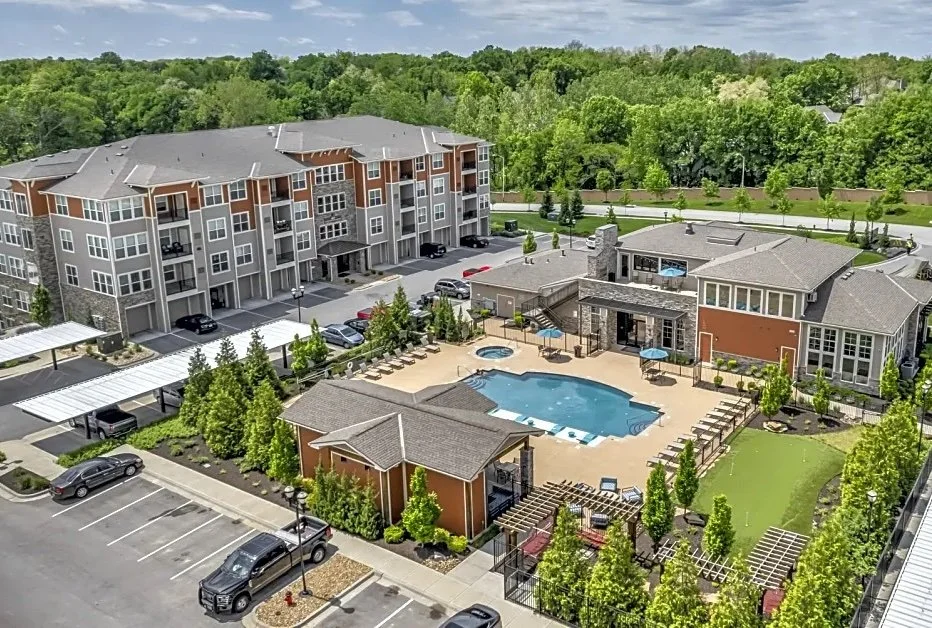Colleen McPherson Roble is a senior associate at CBRE and has over 20 years of experience in sales and leasing in the healthcare industry. More recently, she has focused on meeting the real estate needs of physician groups and investors. Colleen’s connections span nationwide and the relationships she has forged with physician tenants/building owners, investors and healthcare colleagues has led to marked increases in profitability and overall return on investments. Her leads originate from physician practices that lease or own their medical office space. She can be reached at colleen.mcpherson@cbre.com. Let’s get to know Colleen:
RT: What asset class in CRE do you focus on and why?
I have dedicated 20 years to the healthcare leasing and capital markets niche. I started in Phoenix in 2000 as the “office condo queen” and most of my clients were physician owners. As healthcare systems changed, many physician groups became employed by the hospitals. Hospital systems began monetizing medical office buildings to REITs and I adapted by working on sale/leasebacks and leasing for REIT landlords and medical practice tenants.
RT: What are market trends you are experiencing with your clients currently?
COVID-19 has impacted practices bottom line with lower patient visit volumes due to risk/reward concerns for elective procedures and routine appointments. Tele-health has increased tremendously this year, office waiting areas are spread out, patient testing prior to office visits has been implemented and numbers of visitors allowed with patients has been dialed back. I am pleased physicians will all be vaccinated first, as they must be commended for serving patients without skipping a beat even when there was the unknown risk of the COVID-19 virus.
RT: What do you see the local and national CRE rebound including?
We are currently offering a Pandemic Relief Solution for medical practices at the Welltower (real estate investment trust) portfolio of rent abatement for several months in 2021, as this will be with us awhile. With the low interest rates, a new party in the White House and other changes in healthcare we are seeing with reimbursements, I believe we are cycling back toward more physician groups working independently and considering purchasing their outpatient office spaces again.
RT: What have you done to adapt to the changes in CRE?
In order to succeed in healthcare real estate, you must be nimble because outpatient medical office situations are impacted by not only patient demand; but by hospital system strategic plans and capitalization and government. In the end, a medical tenant building is the most solid form of real estate investment, medical practices are stable and always going to be a demand service. From a marketing perspective, the current trend is toward virtual tours with tools such as Matterport and Zoom that are efficient, safer and easier for busy physicians to tour space.
RT: What challenges and opportunities are your main asset classes facing now?
COVOD-19 has posed the biggest challenge this year causing financial strain on medical practices not experienced leading to unheard of requests for rent abatement and reduction of suite size. On a positive note, the pandemic has brought about changes from air quality improvement in the office, to increased tele-health and technology implementation, to improved sanitary protection procedures making a medical office a safer place going forward.
Are you optimistic about the state of the market in Kansas City?
I am optimistic about the healthcare niche in Kansas City as the hospital systems are strong, people are staying in town, as work from home is a more acceptable practice. People are moving to Kansas City due to the better cost of living, again positively impacting patient volume. Once the country has been vaccinated in 2021, there will also be a pent-up demand for elective procedures and in person visits, which will also be positive for outpatient medical office buildings.
RT: Can you share any other current and future projections?
Lease rates will stay solid as they are tied to higher tenant improvement allowances required for medical office than regular office. Shorter term lease commitments may loom, as practices want to stay as nimble as possible as telehealth grows in popularity. Overall, I expect the outpatient medical office market to stabilize in 2021.





